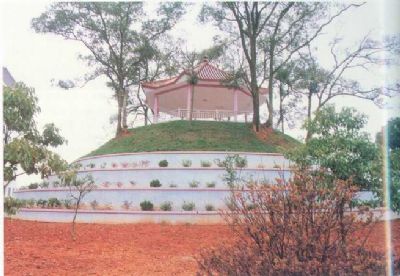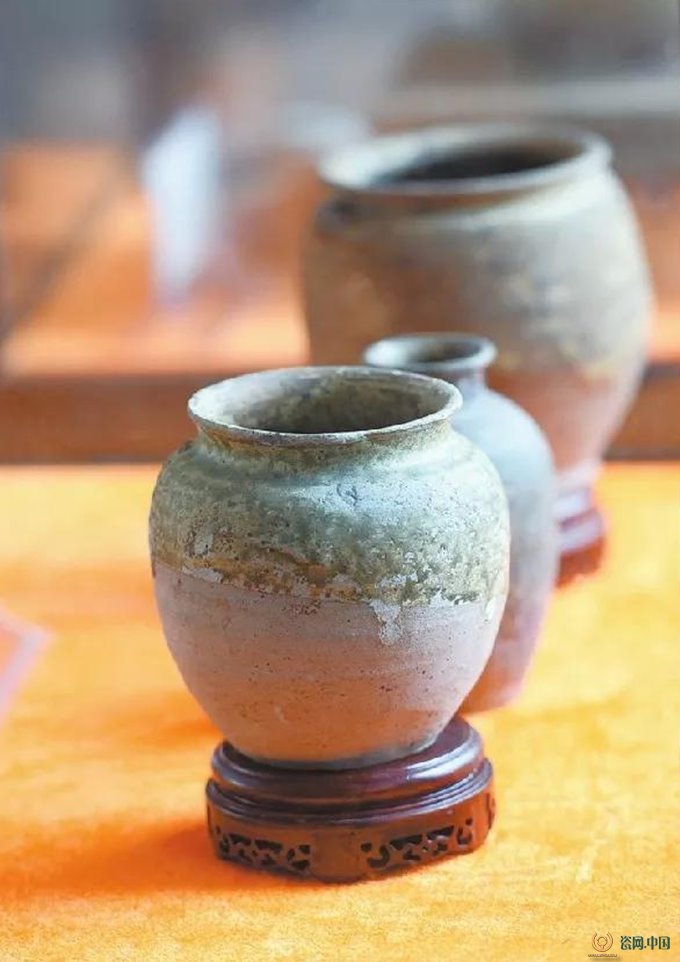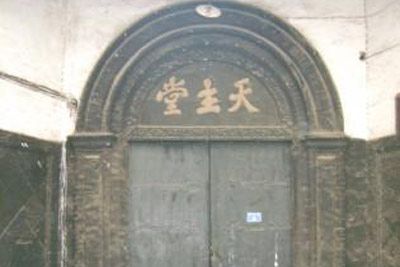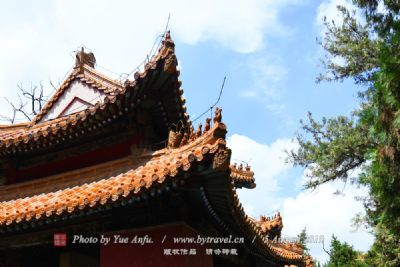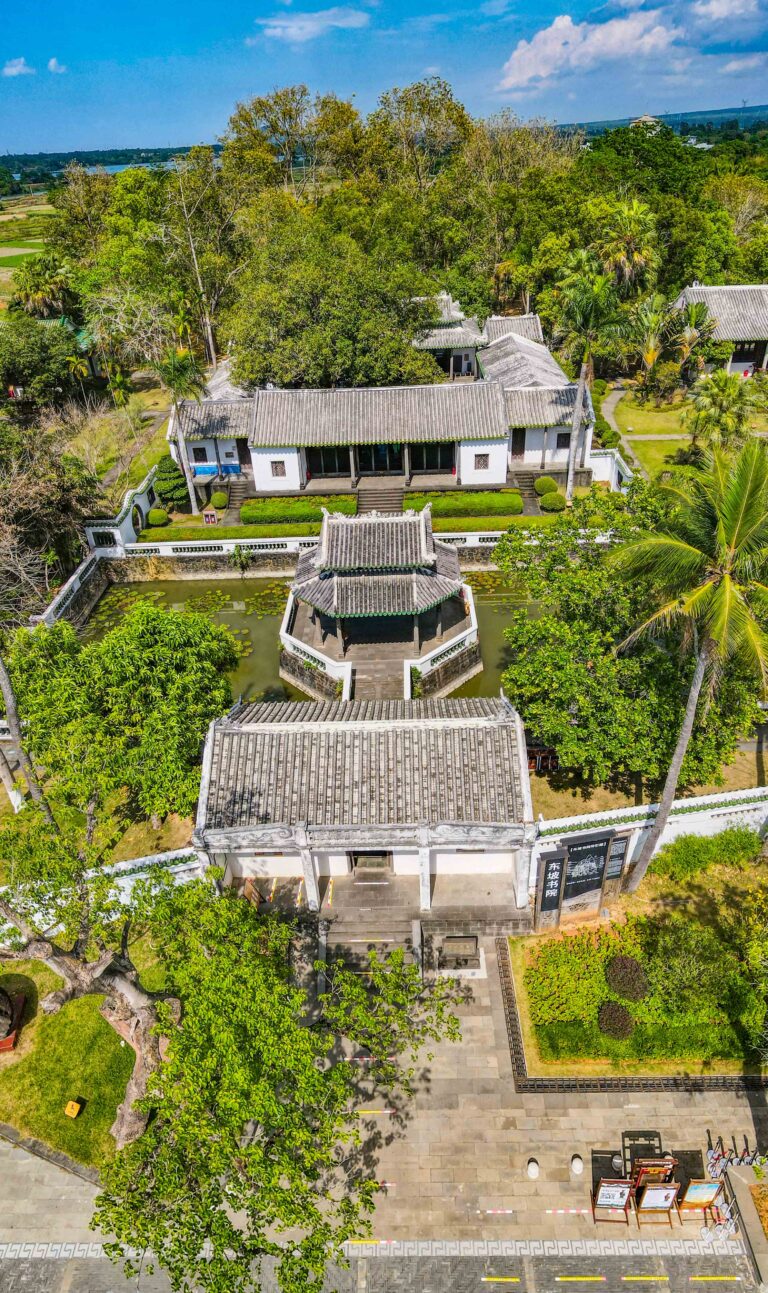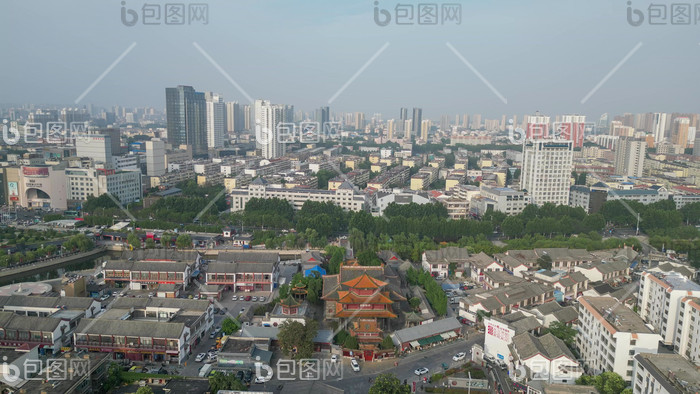A Journey Through Wuhu Daianlan Guju: Where Nature Meets Heritage in Anhui
An Essential Guide to Visiting Wuhu Daianlan Guju
In This Guide
- An Essential Guide to Visiting Wuhu Daianlan Guju
- The Rich History of Wuhu Daianlan Guju
- Main Highlights: What to See at Wuhu Daianlan Guju
- Planning Your Visit: A Practical Guide
- Tickets, Hours, and Booking
- How to Get There
- Local Cuisine and Accommodation
- Frequently Asked Questions
- Final Thoughts on Your Trip
Nestled in the heart of Wuhu, China, the Wuhu Daianlan Guju, or the former residence of General Dai Anlan, stands as a poignant testament to the life and valor of one of China’s notable military figures during the Second Sino-Japanese War. This historic site is not merely a house; it is a sanctuary of memories, embodying the spirit and sacrifice of General Dai, who is affectionately known as the “Seagull General.” His name resonates with bravery, symbolizing the unwavering commitment to his country, even in the face of overwhelming odds.
Born in the serene village of Fenghe, General Dai’s journey was marked by profound determination and exceptional leadership. He rose to command one of China’s first mechanized military units, leading his soldiers through fierce battles that would shape the course of history. The residence itself, a modest yet dignified structure, reflects the simplicity of his early life while also serving as a backdrop for the monumental decisions that would lead him to heroism.
Visitors to the Wuhu Daianlan Guju are not only stepping into the physical space where this remarkable figure lived but are also engaging with the rich narrative of sacrifice, patriotism, and honor that defined his legacy. The residence has been preserved to honor his memory and to educate future generations about the sacrifices made during a tumultuous period in Chinese history.
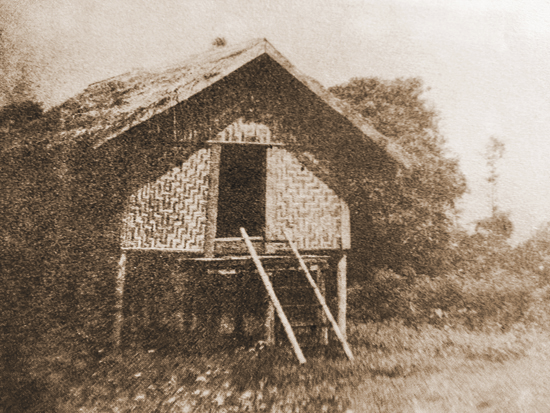
Wuhu Daianlan Guju.
As you explore this significant site, you will find more than just artifacts and rooms; you will discover the heart of a soldier who, in his final letter, proclaimed a resolute commitment to his nation, encapsulating a spirit that continues to inspire countless people today. Wuhu Daianlan Guju is more than a place to visit—it’s an experience steeped in history and reverence, inviting you to reflect on the values of courage and resilience.
The Rich History of Wuhu Daianlan Guju
戴安澜故居, the former residence of General Dai Anlan, holds a poignant place in Chinese history as a testament to the valor and sacrifice exemplified by one of the country’s most revered military leaders during the Second Sino-Japanese War. Born in 1909 in Wuhu, Anhui Province, Dai Anlan, originally named Dai Bingyang, was a figure who rose to prominence for his relentless dedication to his nation and his indomitable spirit in the face of overwhelming adversity.
Dai’s military career began with the National Revolutionary Army, where he quickly distinguished himself as a courageous leader. By the age of 35, he was appointed commander of the 200th Division of the National Revolutionary Army’s Fifth Corps, which was China’s first mechanized unit. His strategic acumen and fearless leadership were put to the test during pivotal battles, particularly the Battle of Kunlun Pass, where he famously vowed, “I will not leave the battlefield without capturing Kunlun Pass.” His determination was unwavering, even as he fought valiantly under adverse conditions, sustaining injuries yet continuing to command his troops.
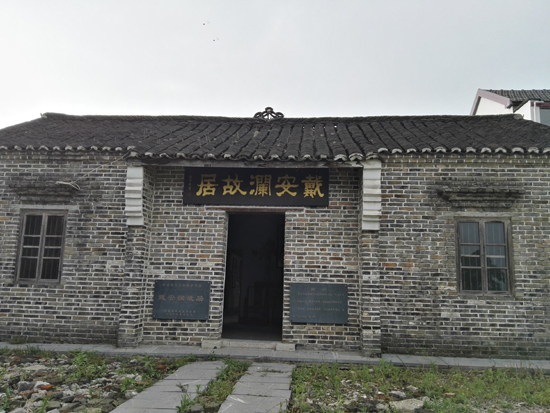
Wuhu Daianlan Guju.
One of the most notable chapters in Dai Anlan’s legacy is his leadership during the Eastern Mandalay Defense, where he orchestrated a prolonged defensive action against Japanese forces. Despite being heavily outnumbered, his troops inflicted severe losses on the enemy, marking a significant victory for Chinese forces during the campaign. This triumph not only boosted morale but also solidified Dai’s reputation as the “Seagull General,” a name derived from his aspiration to navigate the storms of war with grace and resilience, much like a seagull soaring over turbulent waters.
Tragically, Dai Anlan’s life was cut short at the age of 38 when he was killed in action in Myanmar’s tropical jungles. His death was a profound loss for the nation, and his body was returned to China under somber circumstances, wrapped in the uniform of a soldier, as the nation mourned a hero. After six long years, his remains were finally interred in his hometown of Wuhu, where they were met with public mourning and honor.
Today, his former residence stands not just as a house but as a symbol of patriotism and sacrifice. It attracts visitors and admirers who come to pay their respects to a man who dedicated his life to the defense of his country. The site serves as a reminder of the sacrifices made during a tumultuous period in Chinese history, inspiring future generations to uphold the values of courage and national pride.
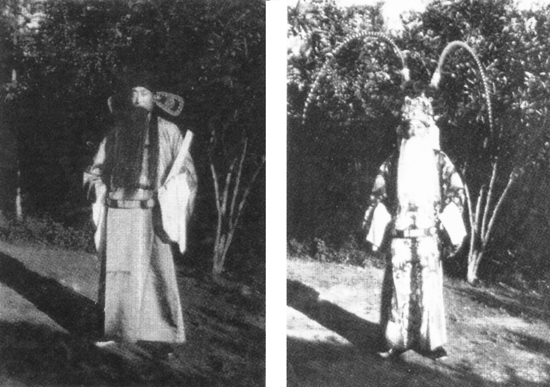
Wuhu Daianlan Guju.
Dai Anlan’s legacy continues to resonate throughout China, where he is celebrated not only as a military leader but also as a national icon. His residence in Wuhu remains a significant historical site, offering insights into his life and the broader context of China’s struggle for sovereignty during the war. As visitors explore the home of the “Seagull General,” they are reminded of the enduring spirit of resilience that characterized a generation committed to the nation’s defense and unity.
Main Highlights: What to See at Wuhu Daianlan Guju
The Wuhu Daianlan Guju, the former residence of General Dai Anlan, is a poignant tribute to one of China’s most celebrated military figures during the Second Sino-Japanese War. Located in Wuhu, Anhui Province, this historical site offers visitors a chance to delve into the life and legacy of a man who dedicated himself to the defense of his nation.
A Glimpse into History
General Dai Anlan, known for his indomitable spirit and leadership, famously declared, “I will fight to the last breath to repay my country!” His tragic death at just 38 years old, while fighting in the jungles of northern Burma, adds a layer of poignancy to his story. His remains were returned to Wuhu after a long journey, six years posthumously, where they now rest in a cemetery adorned with a national flag, symbolizing his unwavering patriotism.
Cultural Significance
The residence itself is a remarkable blend of traditional architecture and historical significance. Visitors can wander through rooms that echo the whispers of the past, filled with memorabilia that highlight General Dai’s military achievements and personal life. The home serves not only as a museum but as a site of reflection, where the sacrifices of those who fought for China’s sovereignty are honored.
Memorial Activities
Today, the Daianlan Guju is a place where locals and tourists alike come to pay their respects. Year-round, the site attracts a steady flow of visitors who come to commemorate the legacy of “Seagull General,” a nickname that reflects his tenacity and resilience. The atmosphere is one of reverence, as people honor a figure who fought valiantly against overwhelming odds during the war.
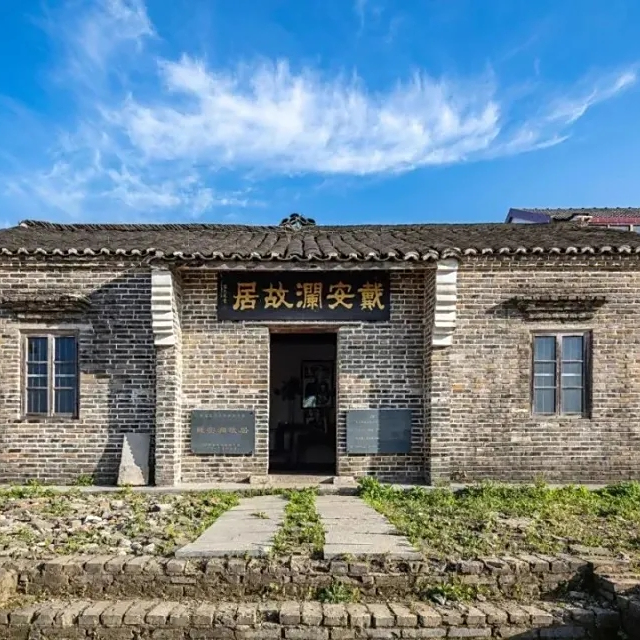
Wuhu Daianlan Guju.
Scenic Surroundings
Located near the picturesque Yangtze River, the surrounding area offers stunning natural beauty. Nearby attractions include the breathtaking Shuilong Mountain Waterfall and the quaint Sanhe Ancient Town, each contributing to a comprehensive cultural experience for visitors. This combination of historical significance and natural beauty makes the Wuhu Daianlan Guju a must-visit destination for those exploring the rich tapestry of China’s wartime history.
In summary, a visit to the Wuhu Daianlan Guju is not just a journey through history; it is a chance to connect with the spirit of a nation and reflect on the sacrifices made for freedom and sovereignty.
Planning Your Visit: A Practical Guide
Practical Guide to Visiting Wuhu Daianlan Guju (戴安澜故居)
Wuhu Daianlan Guju, the former residence of General Dai Anlan, is not only a significant historical site but also a poignant tribute to one of China’s heroic figures in the fight against Japanese aggression during World War II. Located in Wuhu, Anhui Province, this site attracts both history enthusiasts and those seeking to understand the legacy of national sacrifice and valor.
Getting There
- By Air: The nearest major airport is Wuhu Xuanzhou Airport, which is about 30 kilometers from the city center. From the airport, you can take a taxi or use ride-hailing apps to reach the residence.
- By Train: Wuhu has a well-connected railway station with high-speed trains from major cities like Shanghai, Nanjing, and Hangzhou. Once you arrive at Wuhu Station, local taxis and buses can take you to the residence.
- By Bus: Local buses run frequently throughout the city, making it easy to reach the site. Look for bus routes that head towards the downtown area of Wuhu, and transfer to a local line that heads to the residence.
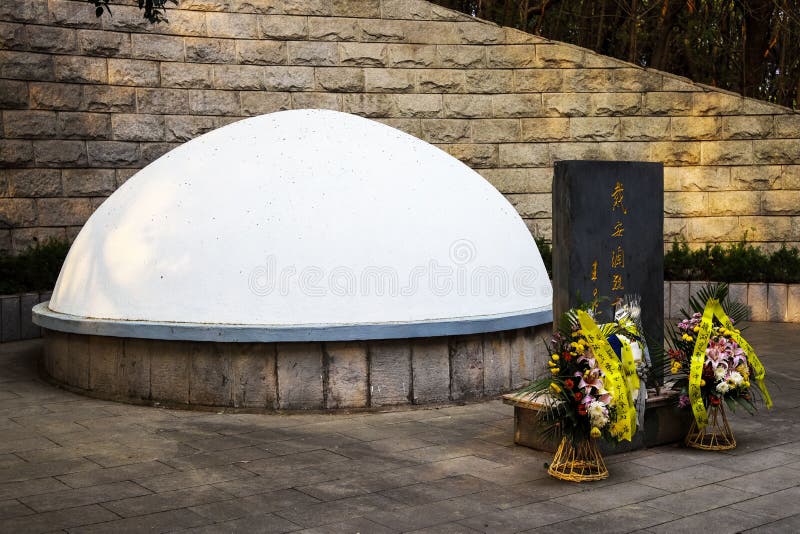
Wuhu Daianlan Guju.
Opening Hours and Admission
The Wuhu Daianlan Guju is open to visitors from 9:00 AM to 5:00 PM daily. Admission is typically free, but donations are welcomed to help maintain the site and its surrounding facilities. It’s advisable to arrive early to avoid crowds, especially on weekends and public holidays.
Highlights of the Residence
- Historical Exhibits: Inside the residence, you’ll find various exhibits that showcase General Dai Anlan’s life, military achievements, and contributions to the country. Artifacts, photographs, and personal letters provide a deep insight into his character and dedication.
- Memorial Hall: A dedicated area honors the memory of General Dai, celebrating his legacy and the sacrifices of those who fought alongside him. This space often evokes a sense of reflection and respect from visitors.
- Beautiful Surroundings: The residence is set against the picturesque backdrop of the Yangtze River, offering scenic views and a peaceful environment for visitors to contemplate.
Local Attractions
While in Wuhu, consider exploring other nearby attractions to enhance your visit:
-
Shuilongshan Waterfall: Located about an hour away, this stunning waterfall is a popular spot for hiking and photography, especially during the rainy season when the falls are at their most spectacular.
-
Yanzi Cave: A lesser-known gem, this cave features beautiful rock formations and is a great spot for a short adventure, especially for families.
-
Sanhe Ancient Town: Just a short drive from Wuhu, this ancient town is rich in history with well-preserved architecture and a charming atmosphere. It’s perfect for a leisurely stroll and sampling local cuisine.
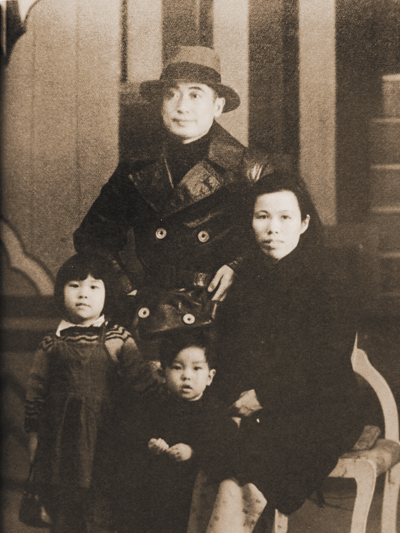
Wuhu Daianlan Guju.
Tips for Visitors
- Language: While some staff may speak basic English, it’s advisable to learn a few phrases in Mandarin or use a translation app.
- Respect the Site: As a historical and memorial site, maintain a respectful demeanor, especially in the memorial areas.
- Photography: Photography is typically allowed, but be mindful of any signs that might indicate restrictions, particularly in sensitive areas.
- Local Cuisine: Don’t miss the chance to try local Anhui dishes, known for their unique flavors and cooking styles. Restaurants around the residence often serve traditional meals.
Conclusion
Visiting Wuhu Daianlan Guju offers a profound glimpse into China’s history and the sacrifices made for the nation. With its rich historical context and serene environment, it is a must-visit for anyone interested in Chinese military history or looking to honor the legacy of a national hero. Plan your visit, immerse yourself in the history, and enjoy the beautiful surroundings of Wuhu.
Tickets, Hours, and Booking
Visiting Wuhu Daianlan Guju (戴安澜故居) offers a profound glimpse into the life of General Dai Anlan, a notable figure in China’s history. To ensure a smooth and enriching experience, here are the essential details on ticketing for this historic site.
Ticket Information
-
Admission Fee: The entrance ticket for Wuhu Daianlan Guju is approximately RMB 20 (about USD 3). This modest fee grants you access to the beautifully preserved residence and its accompanying exhibits, which detail General Dai’s life and contributions during a tumultuous period in Chinese history.
-
Opening Hours: The site is open daily from 9:00 AM to 5:00 PM. It is advisable to arrive early to fully explore the grounds and engage with the informative displays.
-
Discounts: Concessions may be available for students, seniors, and military personnel. It’s best to present valid identification to benefit from these discounts.
-
Guided Tours: For those wishing to delve deeper into the historical significance of the site, guided tours are available for an additional fee. These tours typically last around one hour and provide invaluable insights into the life of General Dai, his military strategies, and the legacy he left behind.
-
Payment Methods: Tickets can usually be purchased at the entrance, but it is increasingly common for venues to accept mobile payments via platforms like WeChat Pay and Alipay. Cash payments are also accepted.
-
Special Events: Occasionally, the site hosts commemorative events or educational programs that may require separate tickets. Checking in advance on the official website or local tourism boards can provide details on these special occasions.
Planning your visit to Wuhu Daianlan Guju not only enriches your understanding of Chinese history but also pays homage to a national hero whose dedication and valor continue to inspire many. Enjoy your journey through history!
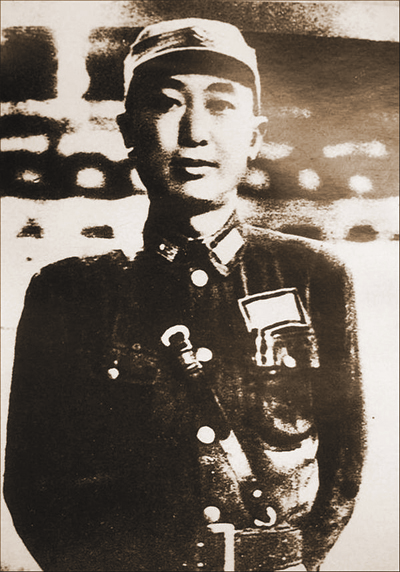
Wuhu Daianlan Guju.
How to Get There
Visiting Wuhu Daianlan Guju (戴安澜故居) is a journey into the heart of Chinese history, and getting there is part of the adventure. Located in the scenic city of Wuhu, Anhui Province, this historic site is accessible through various modes of transportation, catering to both domestic and international travelers.
Getting There
By Air:
The nearest major airport is Nanjing Lukou International Airport (NKG), located about 130 km (81 miles) from Wuhu. From the airport, you can take a taxi, book a shuttle service, or utilize public transportation to reach Wuhu city. Once in Wuhu, local taxis and ride-hailing services like Didi are widely available.
By Train:
Wuhu Railway Station is a convenient option for travelers coming from other cities in China. The station is well-connected with high-speed trains from major cities such as Shanghai, Nanjing, and Hefei. High-speed trains can take you to Wuhu in as little as 1.5 hours from Nanjing and around 4 hours from Shanghai. Upon arrival at Wuhu Railway Station, you can take a taxi or local public transport to the Daianlan Guju.
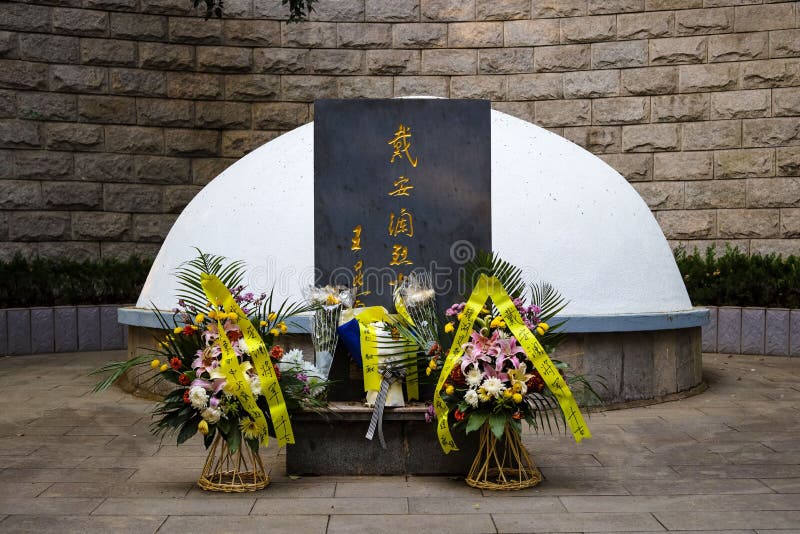
Wuhu Daianlan Guju.
By Bus:
Long-distance buses also connect Wuhu with various cities in the region. The Wuhu Long-distance Bus Station provides services to and from many cities, making it a viable option for budget travelers. Buses are usually affordable and can be a scenic way to experience the countryside.
Local Transportation
Public Transport:
Wuhu has an extensive public transportation network, including buses and taxis that can take you to the Daianlan Guju. Local buses are frequent and inexpensive, though they might be crowded during peak hours. Be sure to check the bus routes and schedules, which are available in both Chinese and English.
Taxis and Ride-Hailing:
Taxis are readily available throughout Wuhu, with fares starting at a reasonable base rate. For a more convenient option, ride-hailing apps like Didi can be used to book rides directly from your smartphone, often with English-language support.
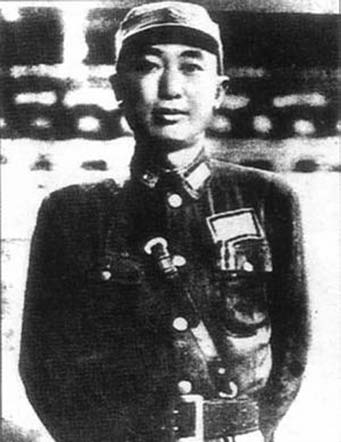
Wuhu Daianlan Guju.
Bicycles and Walking:
For those who enjoy a more leisurely pace, renting a bicycle is a great way to explore Wuhu. The city features several bike rental stations, and cycling can be a pleasant way to navigate the area. Additionally, many attractions, including the Daianlan Guju, are within walking distance of each other, making it easy to enjoy the local scenery.
Nearby Attractions
When visiting the Daianlan Guju, consider exploring nearby sites such as the Water Dragon Mountain Waterfall and the ancient Sanhe Ancient Town. These locations are accessible via the same modes of transportation and provide a deeper insight into the region’s culture and natural beauty.
In summary, whether you choose to fly, take a train, or hop on a bus, reaching Wuhu Daianlan Guju is straightforward. With local transportation options readily available, you can seamlessly explore this significant historical site and the charming city of Wuhu.
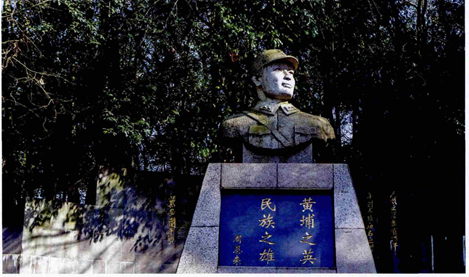
Wuhu Daianlan Guju.
Local Cuisine and Accommodation
When visiting Wuhu Daianlan Guju, the historic home of General Dai Anlan, your culinary and lodging experiences can enhance your journey into the heart of Chinese history. Here’s a guide to some delightful food and accommodation options in the vicinity.
Culinary Delights
Local Cuisine:
Wuhu is renowned for its rich culinary heritage, and the local cuisine is a must-try for any visitor. You can indulge in some of the following local specialties:
- Wuhu Fish Noodles (芜湖鱼面): This dish features fresh fish and hand-pulled noodles, served in a fragrant broth that captures the essence of local flavors.
- Braised Pork (红烧肉): Tender and succulent, this dish is slow-cooked with soy sauce, sugar, and spices, offering a delightful balance of sweet and savory.
- Steamed Dumplings (蒸饺): A popular street food, these dumplings are filled with a variety of ingredients, from minced pork to vegetables, and are best enjoyed with a dipping sauce.
Recommended Restaurants:
– Huanghe Restaurant (黄河大酒店): Known for its excellent service and diverse menu, this restaurant offers a range of local dishes with a modern twist. It’s a great place to experience the flavors of Wuhu while enjoying a comfortable dining atmosphere.
– Wuhu Old Street Food Stalls (芜湖老街小吃): If you’re looking for a more casual dining experience, the food stalls along the old street offer an array of quick bites, including spicy skewers and sweet treats that are perfect for an afternoon snack.
Accommodation Options
Hotels:
1. Wuhu Huayi Hotel (芜湖华逸酒店): Located conveniently near the city center, this hotel offers comfortable rooms and excellent amenities. Guests can enjoy a fitness center, restaurant, and easy access to local attractions, including the Daianlan Guju.
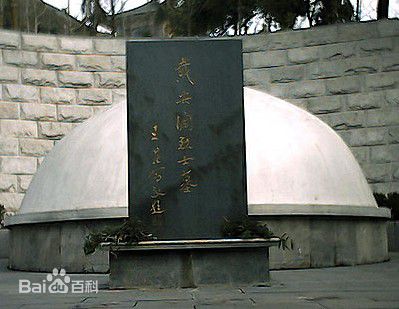
Wuhu Daianlan Guju.
-
Hilton Wuhu (芜湖希尔顿酒店): For those seeking a more luxurious stay, the Hilton provides modern accommodations with stunning views of the Yangtze River. The hotel features a rooftop bar, fine dining options, and a wellness center, making it an ideal base for relaxation after a day of exploration.
-
Jinjiang Inn (锦江之星): A budget-friendly option, Jinjiang Inn offers clean and cozy rooms with essential amenities. It’s a practical choice for travelers who want to stay in the heart of the city without breaking the bank.
Homestays:
For a more intimate experience, consider staying at a local homestay. Many families in Wuhu offer rooms for rent, allowing you to immerse yourself in the local culture. This option often includes home-cooked meals, providing a unique opportunity to taste authentic Wuhu cuisine.
Conclusion
Whether you’re savoring local dishes or enjoying a comfortable stay, Wuhu Daianlan Guju and its surroundings offer a wealth of culinary and accommodation experiences that will enrich your visit. Don’t miss the chance to explore the flavors of this historic region while paying homage to the legacy of General Dai Anlan.
Frequently Asked Questions
Frequently Asked Questions
1. What is Wuhu Daianlan Guju?
Wuhu Daianlan Guju, also known as the Former Residence of General Dai Anlan, is a historic site located in Wuhu, Anhui Province, China. It commemorates the life and contributions of General Dai Anlan, a prominent figure in the resistance against Japanese aggression during World War II.
2. Why is General Dai Anlan significant?
General Dai Anlan is renowned for his courageous leadership during key battles, particularly in the defense of Kunlun Pass and the Eastern Guava Battle in Myanmar. He is celebrated as a national hero for his unwavering commitment to defending China, earning him the nickname “Seagull General” for his resilience and fighting spirit.
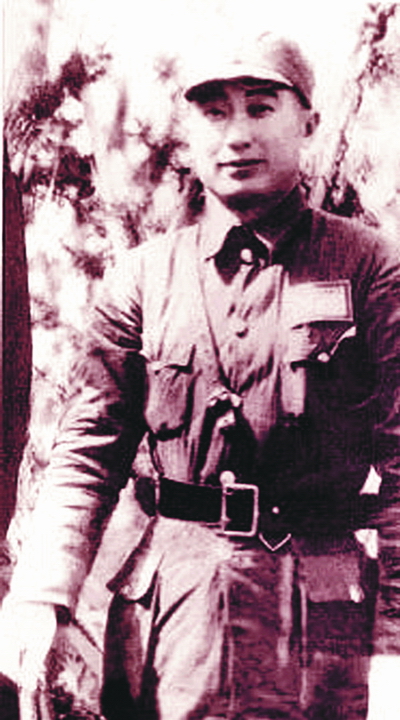
Wuhu Daianlan Guju.
3. What can visitors expect to see at the Former Residence?
Visitors to Wuhu Daianlan Guju can explore the preserved home of General Dai, which showcases artifacts, photographs, and displays that narrate his life story and military achievements. The residence is a poignant reminder of his sacrifices and serves as an educational resource about this critical period in Chinese history.
4. How can I get to Wuhu Daianlan Guju?
The Former Residence is accessible by public transportation or car. It is located in Fenghe Village, Hongxiang Township, Wuhu, which is approximately a 30-minute drive from the city center. Local buses and taxis are available for convenience.
5. Are there any entrance fees or guided tours?
There is usually no entrance fee to visit the site; however, donations for maintenance and preservation are appreciated. Guided tours may be available, providing an in-depth understanding of General Dai’s legacy and the historical context of his life.
6. What are the opening hours?
Wuhu Daianlan Guju is typically open daily from 9:00 AM to 5:00 PM. It’s advisable to check for any changes in hours or special events before planning your visit.
7. Is there parking available?
Yes, there is parking available near the Former Residence. However, it may be limited during peak tourist seasons, so arriving early is recommended.
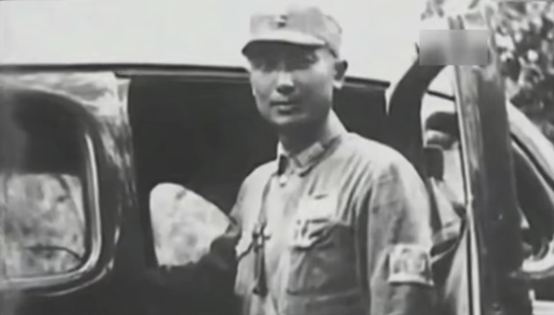
Wuhu Daianlan Guju.
8. Are there other attractions nearby?
Yes, several attractions are located close to Wuhu Daianlan Guju, including the picturesque Water Dragon Mountain Waterfall and the historical Sanhe Ancient Town. These spots offer a great opportunity for visitors to enjoy natural beauty and local culture in addition to their visit to the residence.
Final Thoughts on Your Trip
Visiting Wuhu Daianlan Guju offers more than just a glimpse into the life of a national hero; it invites travelers to connect with the spirit of resilience and dedication that defines a true patriot. General Dai Anlan’s legacy, marked by his unwavering commitment to his country, resonates deeply within the walls of his former residence. As you walk through the halls where he once stood, you can almost hear his fervent words echoing, urging future generations to honor their heritage and strive for justice.
This historic site, nestled along the banks of the Yangtze River, not only serves as a memorial but also as a reminder of the sacrifices made for national pride and freedom. The surrounding natural beauty enhances the experience, offering a serene backdrop that contrasts with the intense struggles faced during wartime. As you reflect on the life of the “Seagull General” and his indomitable spirit, you will leave with a renewed sense of purpose and a deeper understanding of the values he embodied.

Wuhu Daianlan Guju.
Whether you are a history enthusiast, a nature lover, or simply seeking inspiration, Wuhu Daianlan Guju is a destination that promises to enrich your journey and ignite your passion for exploring the rich tapestry of China’s past.
